Dental treatment under anesthesia in children

specialists

equipment

treatment
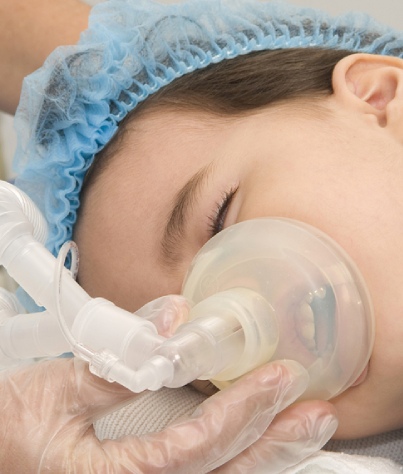
Advantages of dental treatment in children under anesthesia
- The child sleeps during the operation, does not cry or be afraid, and does not experience any negative emotions during dental treatment
- The pediatric dentist, during treatment under anesthesia, is not in a hurry, is not distracted by the child’s restless behavior, but carefully carries out all manipulations, which is especially important, for example, when installing fixed dentures, when treating deep caries with pulpitis and periodontitis, etc. .
- Significant and extensive dental treatment can be performed in one visit to the dentist. During one visit, you can perform several procedures at once and solve a large number of problems
- Anesthesia with sevoran is ideal for children with negative experience of previous treatment who are not ready to contact the attending physician
- Dental treatment can be done in a dream for patients with severe pathologies of the nervous system, for example, cerebral palsy, epilepsy
Types of anesthesia
In the process of dental therapy under anesthesia in children, several methods are used for analgesia (pain relief). Traditionally, deep and oxygen sedation are used, as well as local and general anesthesia.
The drug Sevoflurane is usually used in the process. It is used when general anesthesia is required (during treatment during sleep). This effective inhalation anesthetic is characterized by a high level of safety. Propofol is used for intravenous anesthesia - this drug provides deep sedation.
The choice of anesthesia method is carried out taking into account the patient's age, medical indications and the scope of upcoming dental procedures.
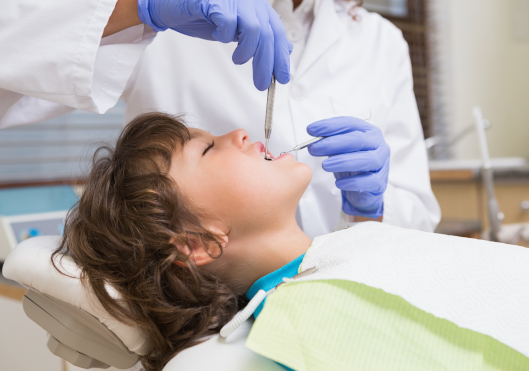
The methods of administering the drug before dental therapy under anesthesia for children in Moscow are as follows:
- Application anesthesia For the purpose of local blockade ("freezing") of nerve endings, an anesthetic is applied to the gums
- Injection anesthesia The anesthetic is administered through a cartridge syringe with a very thin needle
- Children's mask Used to inhale anesthetic gas or nitrogen mixture
General information
- Contraindications
- Preparation for dental treatment under anesthesia in children
- How is dental treatment performed in children under anesthesia?
- Stages of dental treatment
- Behavior after anesthesia
- Is dental treatment for children under general anesthesia safe?
- Other ways to treat children's teeth without stress
Dental treatment for children under anesthesia at the K+31 clinic
- Our clinic has the latest dental equipment for the treatment of baby teeth, anesthesia machines, modern monitoring systems for the condition of small patients
- Our doctors use only high-quality, proven drugs for treatment under anesthesia, which have passed all tests and have quality certificates
- During dental treatment, we use disposable consumables, only an individual set for each patient
- We carefully monitor all vital body functions and changes in the child’s condition during dental treatment under general anesthesia using advanced anesthesia monitoring equipment
- The doctors of our clinic conduct a thorough examination of small patients before dental treatment under general anesthesia, which allows us to predict all possible complications. And we are ready to cope with any difficulties if they suddenly arise during the procedure
- We have an experienced and highly qualified team of pediatric dentists, anesthesiologists, and resuscitators
- Dental treatment takes place in a cozy office by kind and attentive dentists who know how to communicate with children, calm them down and gain their trust
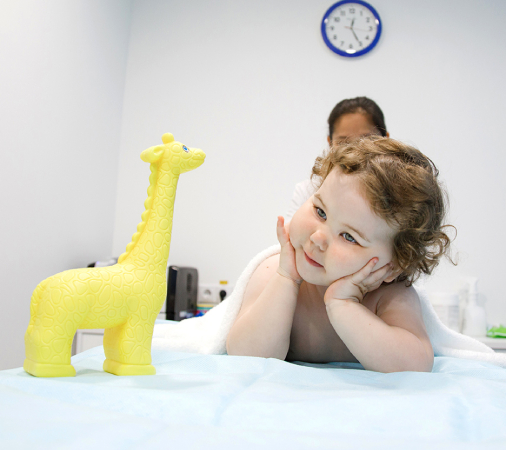
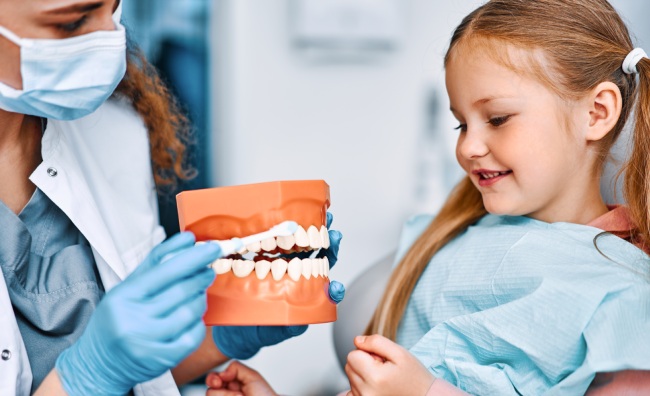
Our pediatric dentistry clinic provides treatment of teeth and gums for children of any age. Dental treatment for children without pain includes sedation with nitrous oxide, dental treatment during sleep using the drug Sevoran, and dental treatment under anesthesia. The drug sevoran acts quickly, does not irritate the respiratory tract, does not excite the central nervous system, does not cause allergies and is quickly eliminated from the body. To find out more about dental treatment under anesthesia for children and adults, call us by phone or leave a request for a call back call on the site.
Our other pediatric dentistry services: diagnostics of permanent and baby teeth, treatment of baby teeth, treatment of permanent teeth, treatment of gums in children, treatment of pulpitis of baby teeth, treatment of caries, treatment of multiple caries, restoration with crowns, treatment of stomatitis, surgery, teeth cleaning , restoration of baby teeth, bite correction, braces, implants, etc.
Answers to popular questions
Doctors at the K+31 center have analyzed the most common questions parents have about treating children's teeth during sleep. Here are their answers.
What types of anesthetic drugs are used?
The following types of anesthetic drugs are used in dentistry: Sevoflurane (inhalation anesthetic) and Propofol (intravenous anesthetic). Nitrous oxide is used for mild sedation.
At what age can a child be treated under general anesthesia?
Procedures under general anesthesia are performed from the age of three.
What diagnostics are necessary before treatment?
Before applying anesthesia, it is necessary to take a complete blood count and biochemical blood test, as well as perform an electrocardiogram (ECG).
How quickly will the child wake up from general anesthesia?
The time to wake up from general anesthesia depends on the duration of the procedure and the drug used. Usually, this happens within 20-60 minutes.
Are there any possible complications during treatment under anesthesia?
Possible complications include allergic reactions to drugs and short-term cognitive impairment.
How to prepare a child for the procedure?
The child should not eat 6 hours before the procedure and should not drink liquids 3 hours before it. To reduce the child's anxiety, it is recommended to discuss the upcoming procedure with them in advance.
What are the alternatives to treatment under general anesthesia?
The main alternative is local anesthesia using anesthetic gels and injections. Inhalation sedation with nitrous oxide is also possible.
What are the recommendations after the surgery?
After the surgery, it is recommended to limit physical activity for 24 hours and ensure the child gets enough fluids.
What precautions should be taken after the procedure?
After dental surgery under general anesthesia, the following precautions should be taken:
- Avoid hot food and drinks for the first few hours
- Avoid vigorous physical exercise and play on the first day after the procedure
- Maintain oral hygiene (avoid intense tooth brushing in the treated area for the first few days)
It is also necessary to regularly take anti-inflammatory and analgesic medications prescribed by the doctor.
How to monitor a child's condition after anesthesia?
During the first few hours after the procedure, it is necessary to monitor the child's breathing, skin color, and behavior. The following signs are considered dangerous:
- Difficulty breathing
- Paleness or bluish skin color
- Unusual behavior
- Excessive sleepiness
If these symptoms appear, you should seek medical help as soon as possible.
What to do if the child feels pain after the procedure?
If the child experiences tooth pain after a dental procedure, give them an analgesic recommended by the doctor.
Can children with a dry cough undergo anesthesia?
The answer from a K+31 clinic doctor: “If a child has episodes of dry cough but no other symptoms (fever, runny nose, inflamed mucous membranes, or a red throat), anesthesia can be performed without delay. However, before making a final decision, the doctor will conduct a complete examination of the child. This helps to exclude the risk of possible complications associated with anesthesia in the context of a dry cough. Special attention is paid to auscultation of the lungs (listening).”
The K+31 clinics network has qualified pediatric dentists who easily find an approach to young patients. If necessary, we are ready to treat your child's teeth under general anesthesia. To make an appointment, fill out the application form. Check the prices for pediatric dental treatment under anesthesia on the website and by phone.
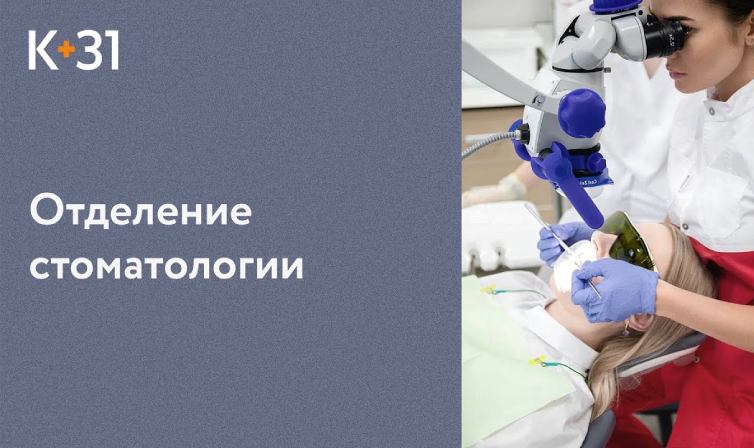
Modern methods of diagnostics and dental treatment at "K+31"
Our doctors

This award is given to clinics with the highest ratings according to user ratings, a large number of requests from this site, and in the absence of critical violations.

This award is given to clinics with the highest ratings according to user ratings. It means that the place is known, loved, and definitely worth visiting.

The ProDoctors portal collected 500 thousand reviews, compiled a rating of doctors based on them and awarded the best. We are proud that our doctors are among those awarded.
Make an appointment at a convenient time on the nearest date
Price







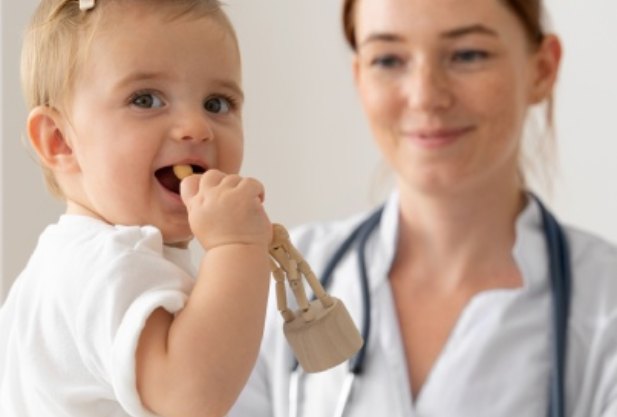
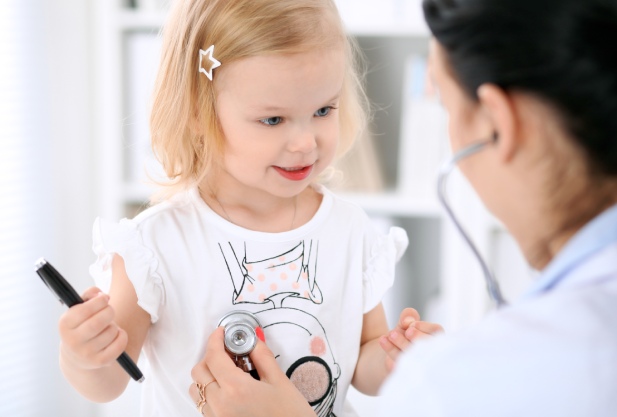
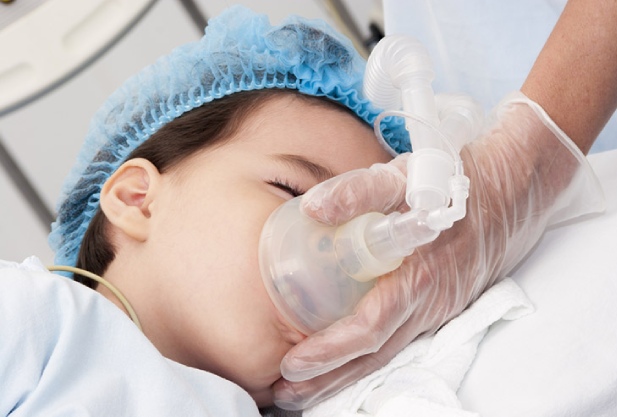
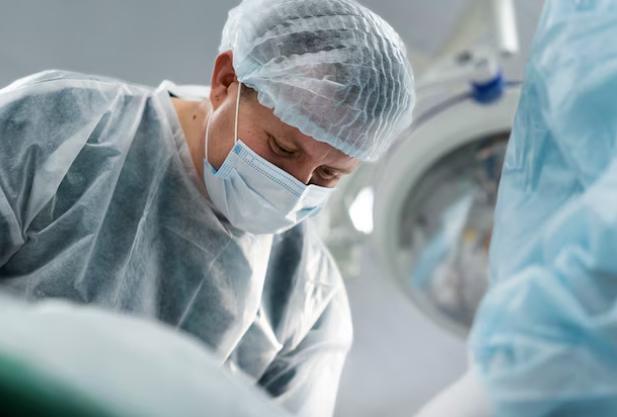
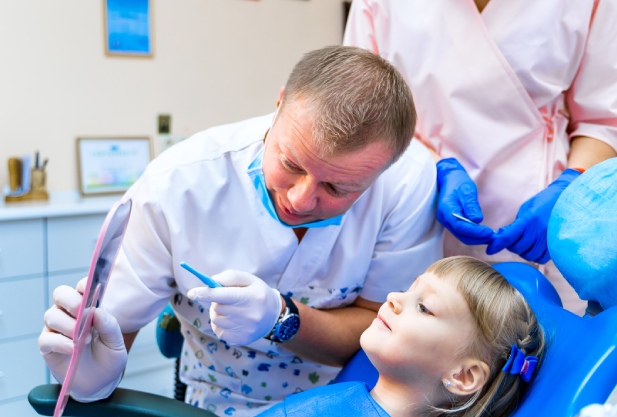

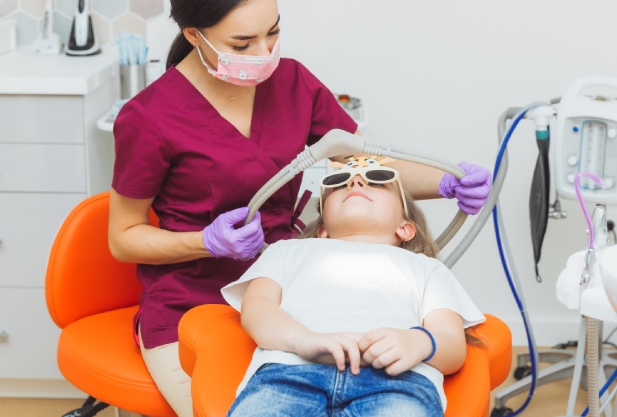
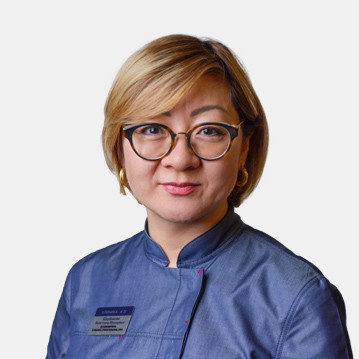
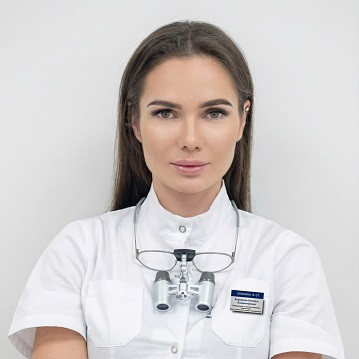
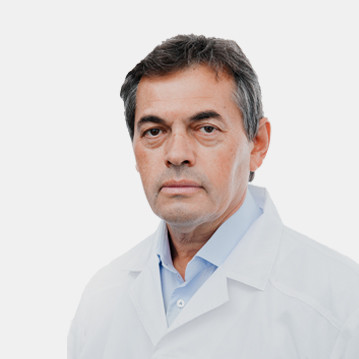
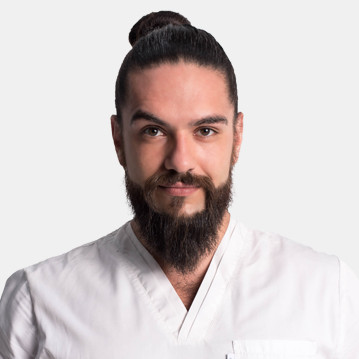
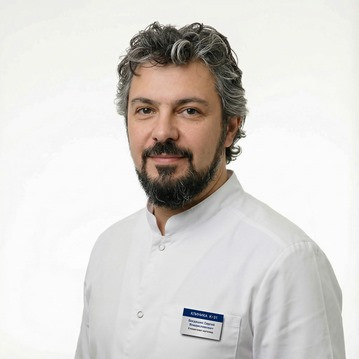
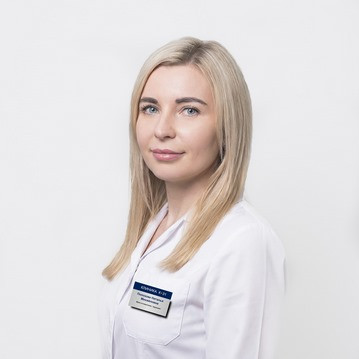
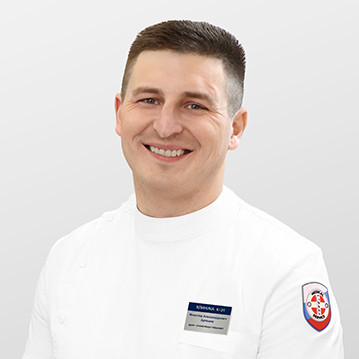
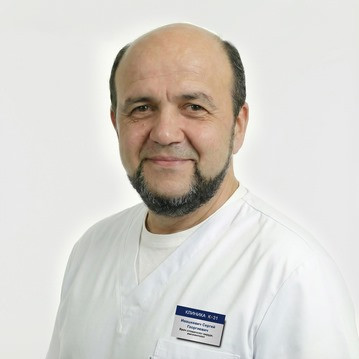
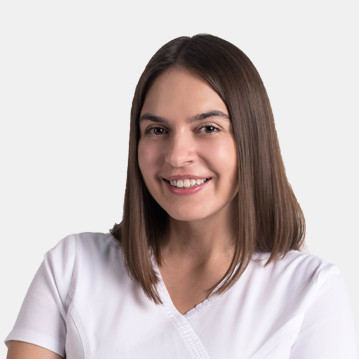
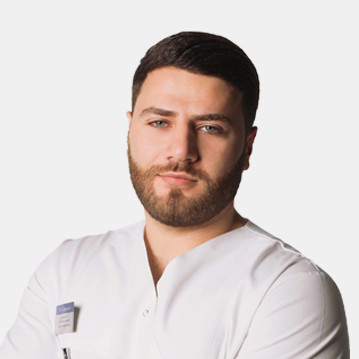
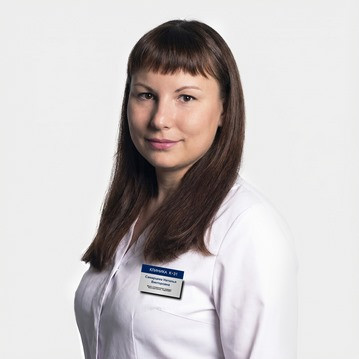

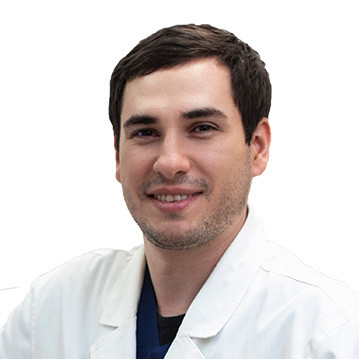
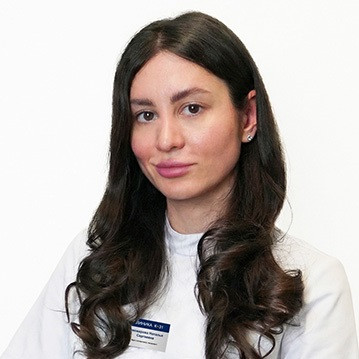
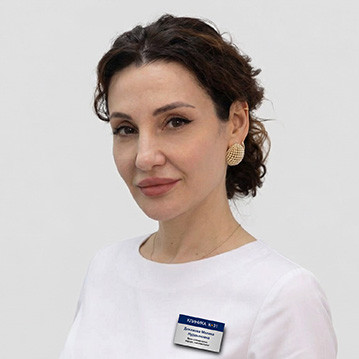
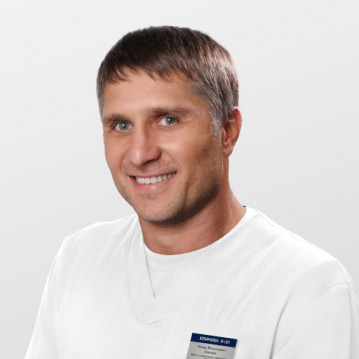
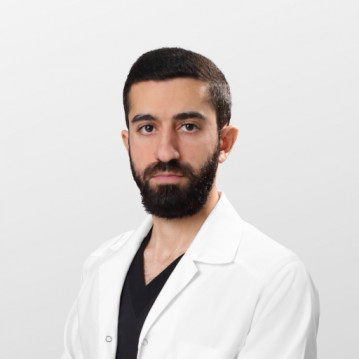
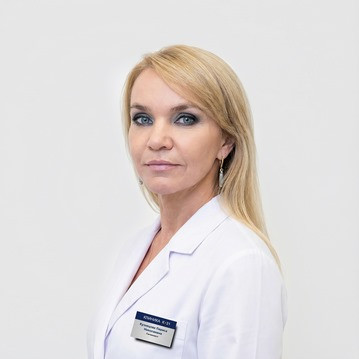
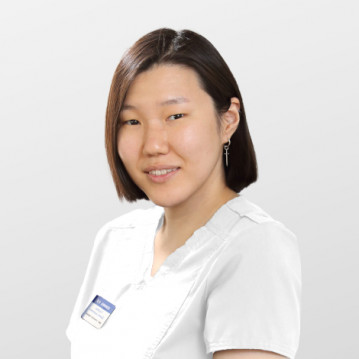
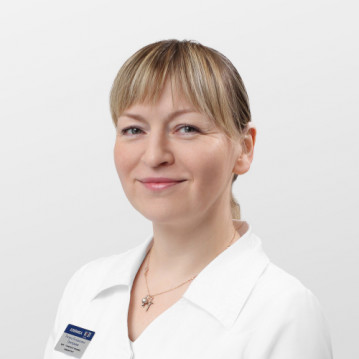
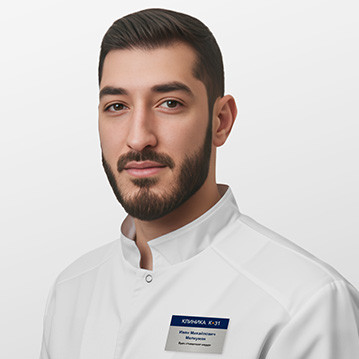
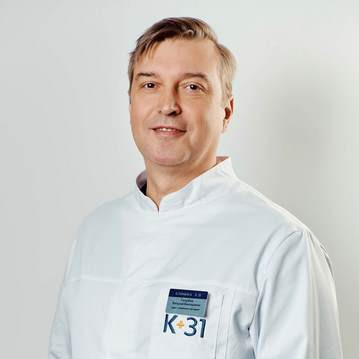
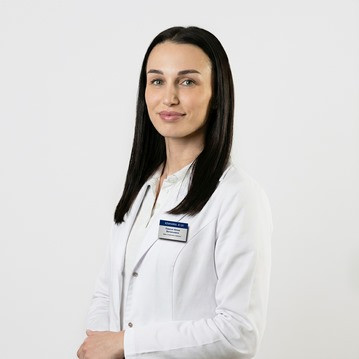
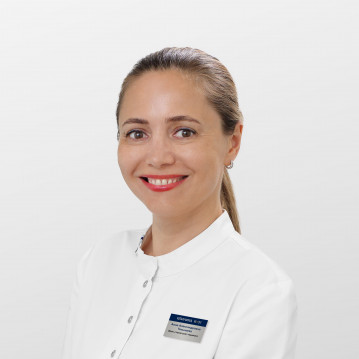
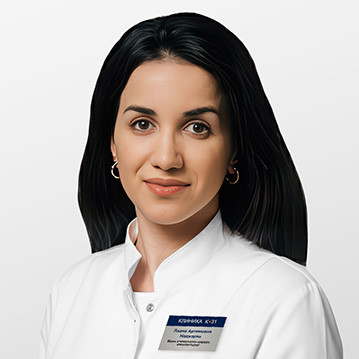
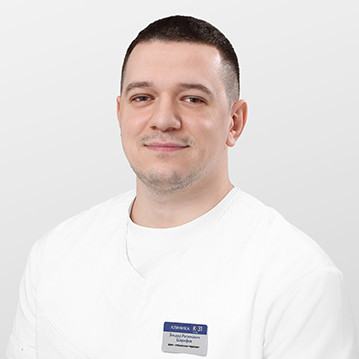
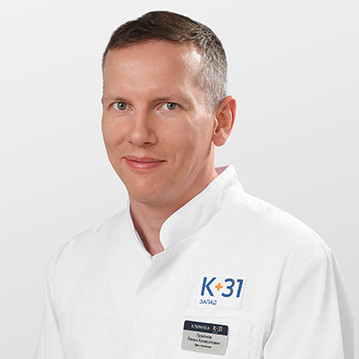
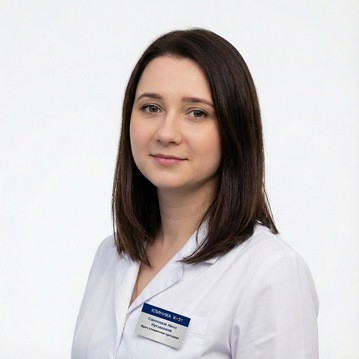
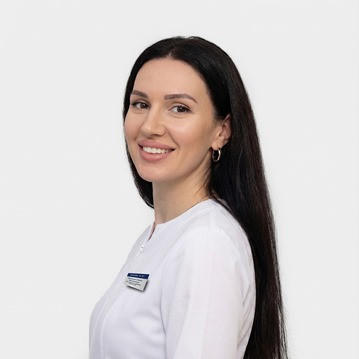

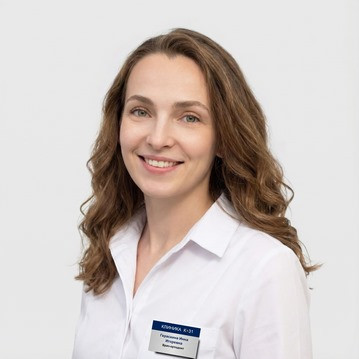
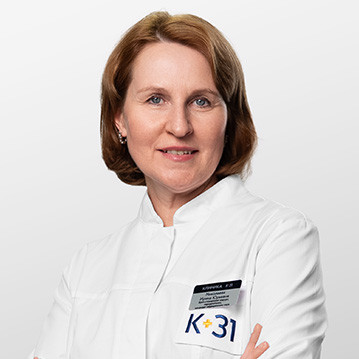
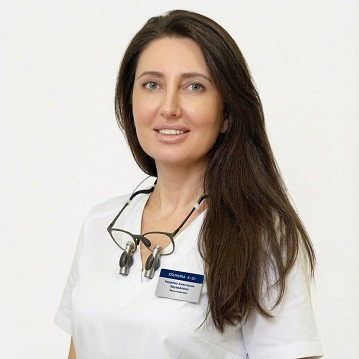
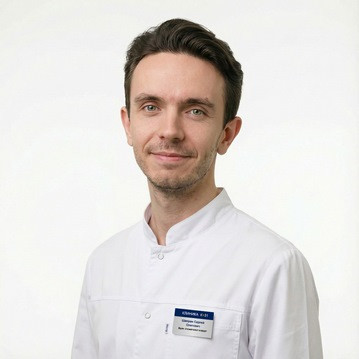
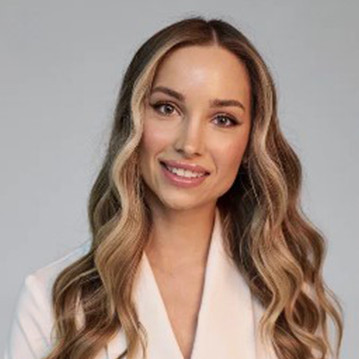
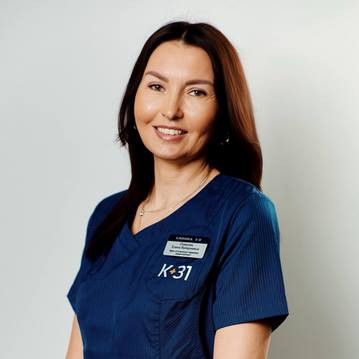
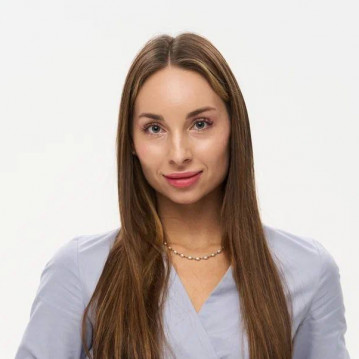
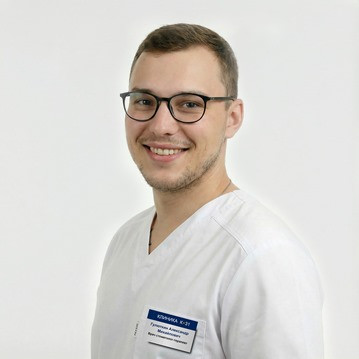

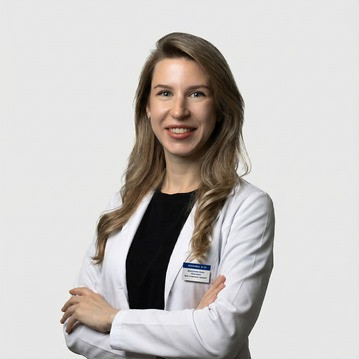
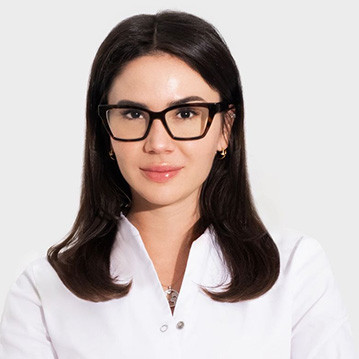
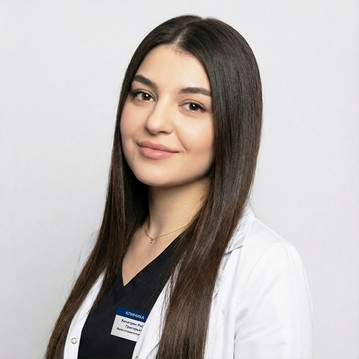
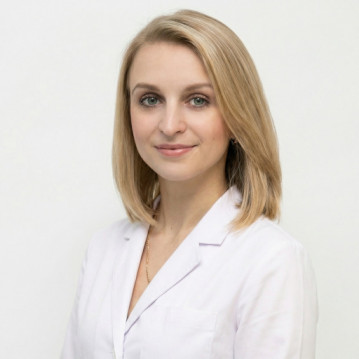
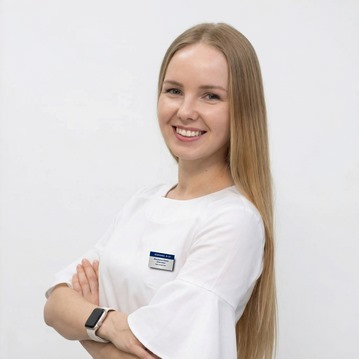







At the service
Children undergoing dental treatment under general anesthesia (in a state of medicated sleep) receive specialized care from a doctor who has undergone professional training in the field of sedation dentistry. In addition, your child’s condition during the procedures is monitored by an anesthesiologist-resuscitator, who is assisted by a nurse with specialized education who provides assistance if necessary.
In our clinic, we ensure absolute safety for young patients during dental treatment for children under anesthesia. Our doctors strictly follow all treatment protocols, work with modern equipment, use safe medications, use proven methods and high-quality consumables. They have extensive experience working with children and patients under general anesthesia and treat any dental and oral disease. We guarantee that we can solve practically any problem as quickly as possible, in a comfortable environment.
To find out prices for dental treatment or make an appointment, call us or leave your number on the website so that we can contact you ourselves. You can be sure that your data is protected in accordance with the privacy policy.